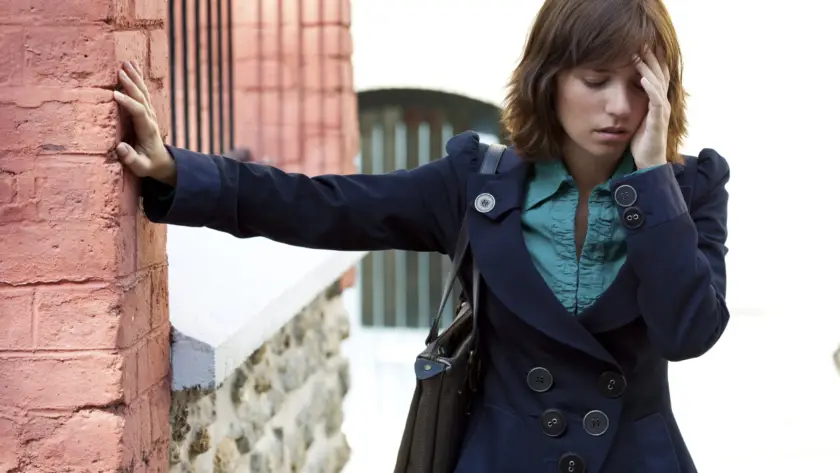If you experience dizzy spells from time to time, it’s something you should address. If the dizziness gets bad enough or happens at the wrong time, it could cause you to injure yourself in a fall. There are many effective options available if you need treatment for dizziness, but the first step is finding out the reason behind it. And to understand the causes of dizziness, you should know the basics about how your sense of balance works.
Your Body’s Balance System
Your inner ear has three fluid-filled canals that are arranged at right angles to each other. Each canal is responsible for sensing movement on a different axis, so by working together they let you sense movement in all three dimensions. This is how you stay balanced and keep from tipping over.
Whenever you move, the fluid in these canals sloshes around, and your body senses the movement through tiny strands of hair that line the canals. This is why spinning can make you dizzy.
When your body spins, the fluid in your inner ear starts spinning too. Right after you stop spinning, the fluid in your ears continues to spin, giving you a false sense of movement and throwing off balance.
This is also what causes motion sickness. It occurs when your inner ear senses movement, but the visual information from your eyes doesn’t match up, such as when you’re riding in the backseat of a car.
But if you haven’t been doing much spinning and are still experiencing dizziness, there are a few different possible causes.
What Causes Dizziness?
Inner Ear Dysfunctions
There are several inner ear issues that can cause dizziness, such as Meniere’s disease. This condition causes an excessive buildup of fluid in your inner ear, which can cause dizzy spells that last up to several hours. One sign that you may have this condition is the feeling of a plugged ear.
One of the most common causes for dizziness is called Benign paroxysmal positional vertigo (BPPV). It can occur when crystals in your inner ear become dislodged and move into the canals responsible for balance. This causes sudden dizzy spells that are triggered by a head movement, and they usually last less than a minute.
Circulation Issues
Dizziness can also be caused by poor circulation. When there’s a drop in blood pressure and not enough blood is getting pumped to your brain, it can make you feel dizzy, off balance, or faint. One sign that poor blood flow is the cause of your dizziness is if it occurs right after you stand or sit up quickly.
Medications
Be sure to double-check the listed side effects on all your medications, because there are several types of drugs that can cause dizziness. That includes antidepressants, sedatives, anti-seizure drugs, blood pressure medications.
Treatments for Dizziness
There are a number of treatment options for the different causes of dizziness.
If an inner ear issue is the cause, it can often be solved through vestibular rehabilitation. That’s a treatment that involves exercises to retrain your body’s balance system.
If the cause is BPPV, treatment may involve a physiotherapist guiding you through a series of head movements that can dislodge the problematic crystals from your inner ear. In other cases, such as with Meniere’s disease, certain lifestyle changes can help such as switching to a low-salt diet.
And in some cases, medications and/or ear surgery may be the best course of action. So speak with your healthcare provider about your dizziness, and they can help you find the right treatment for you.
